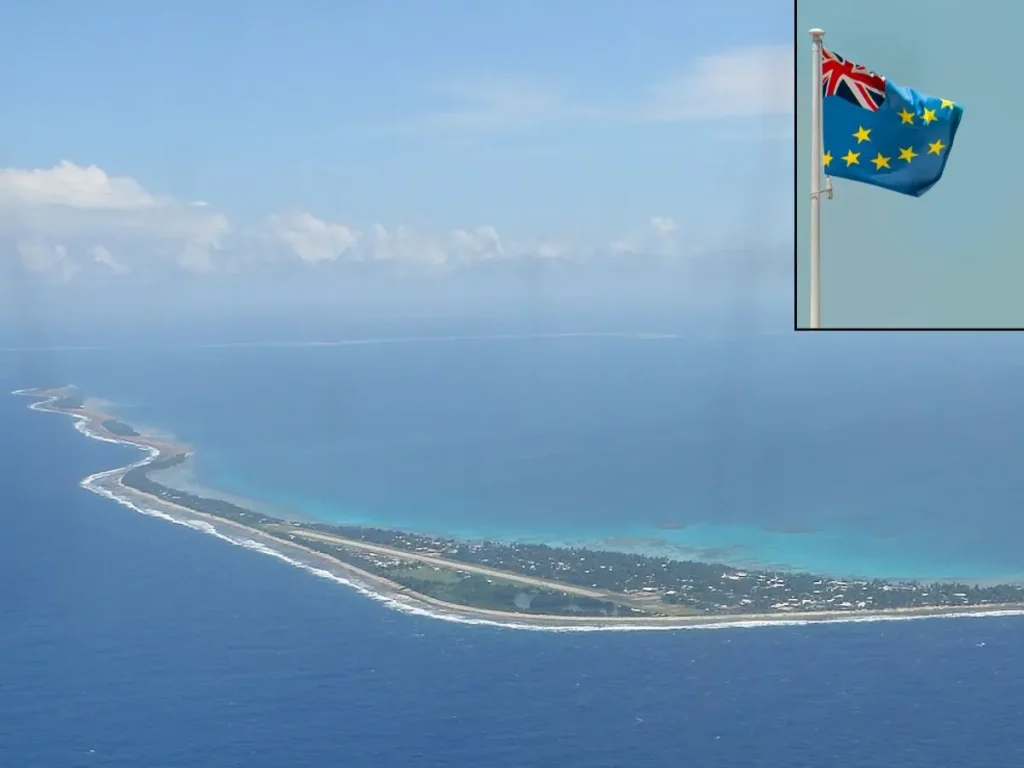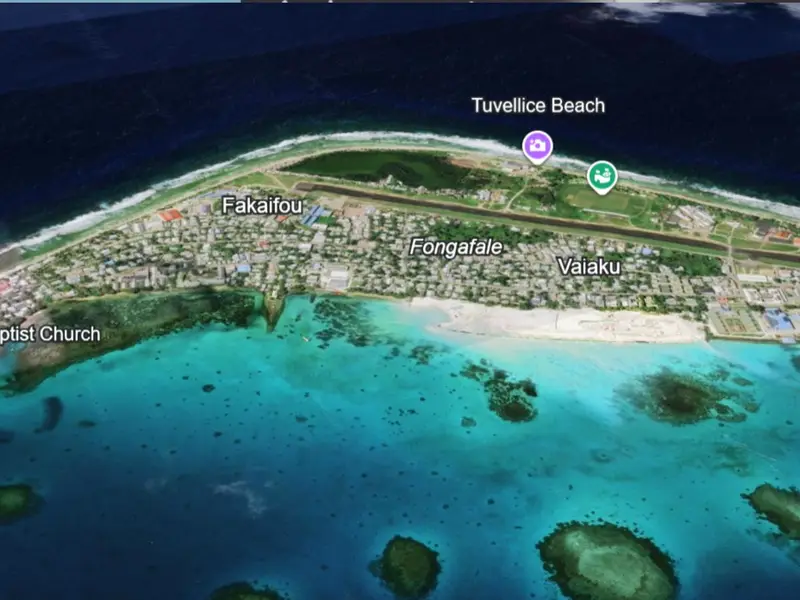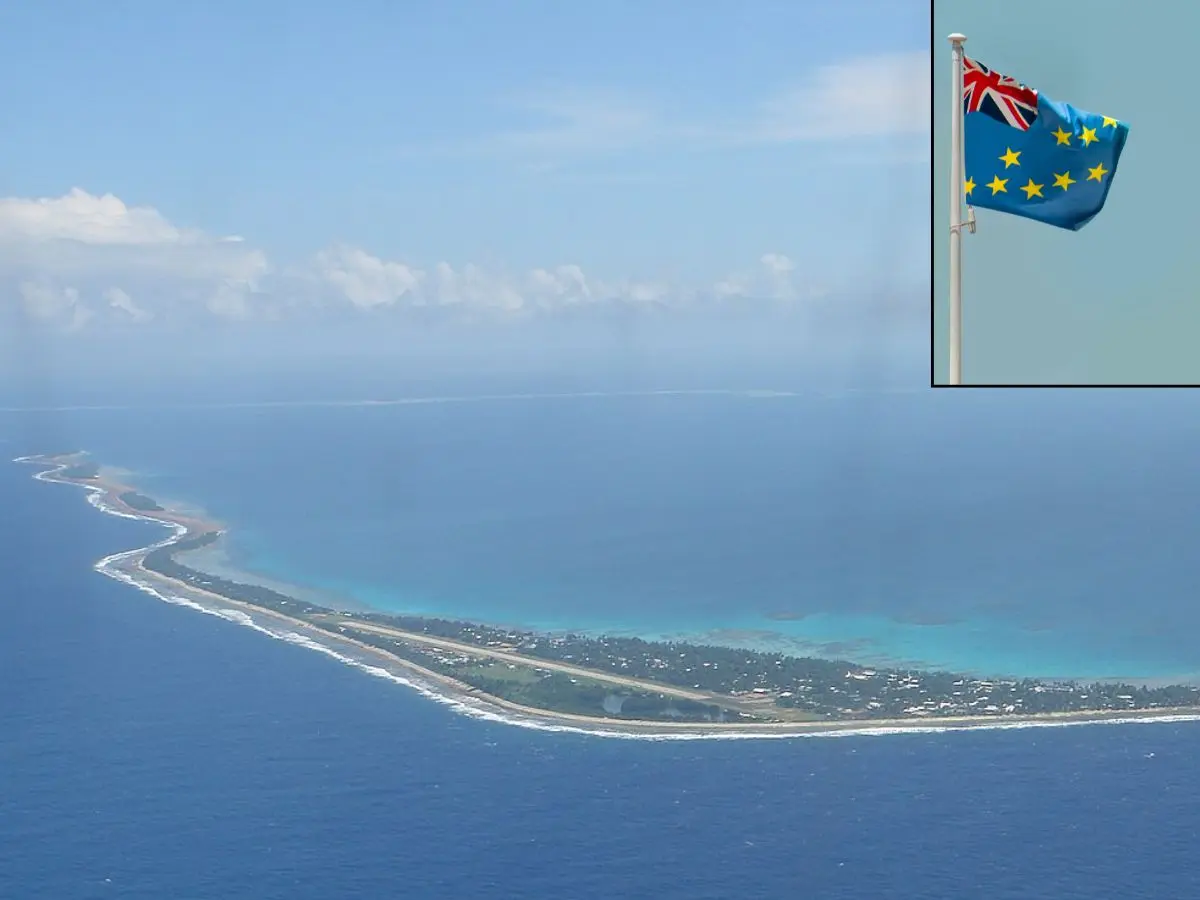Tuvalu, a tiny and isolated country in the Pacific, is on the brink of a historic first — becoming the only nation ever to evacuate its entire population because of climate-driven sea level rise. Perched just 6.5 feet above the ocean on average, the island nation’s roughly 11,000 people face the grim reality that much of their land and infrastructure will be submerged by mid-century.

In response, Tuvalu’s government has struck a groundbreaking deal with Australia to secure a pathway for its citizens before the islands become uninhabitable. Under the Falepili Union Treaty, signed in 2023, Australia will grant permanent residency to 280 Tuvaluans annually via a ballot-based “climate visa” program. The initiative, set to launch in 2025, gives recipients equal access to Australian health care, education, housing, and employment.
Interest in the scheme has surged. Within the first month, over 5,000 applications poured in — nearly half the population — and in just four days, one-third of the nation had already registered. Although the plan envisions a gradual migration, projections suggest that if current demand continues, nearly 40% of Tuvalu’s citizens could resettle in Australia within 10 years. While residents will retain the option to return, scientists caution that intensifying floods and storms may make such returns impractical or impossible.

Tuvalu’s plight highlights a broader crisis facing low-lying nations across the globe. Other Pacific island states — including the Maldives, Kiribati, the Solomon Islands, Fiji, and Vanuatu — confront similar threats. Even affluent countries like the United States are bracing for climate displacement, with coastal regions such as Florida and Louisiana already vulnerable to sea encroachment. Experts warn that by 2070, more than three billion people could be forced to live outside the climate conditions that have supported human civilization for thousands of years.
Tuvalu’s impending relocation stands as a stark reminder that climate change is not a distant threat, but an unfolding global emergency.



